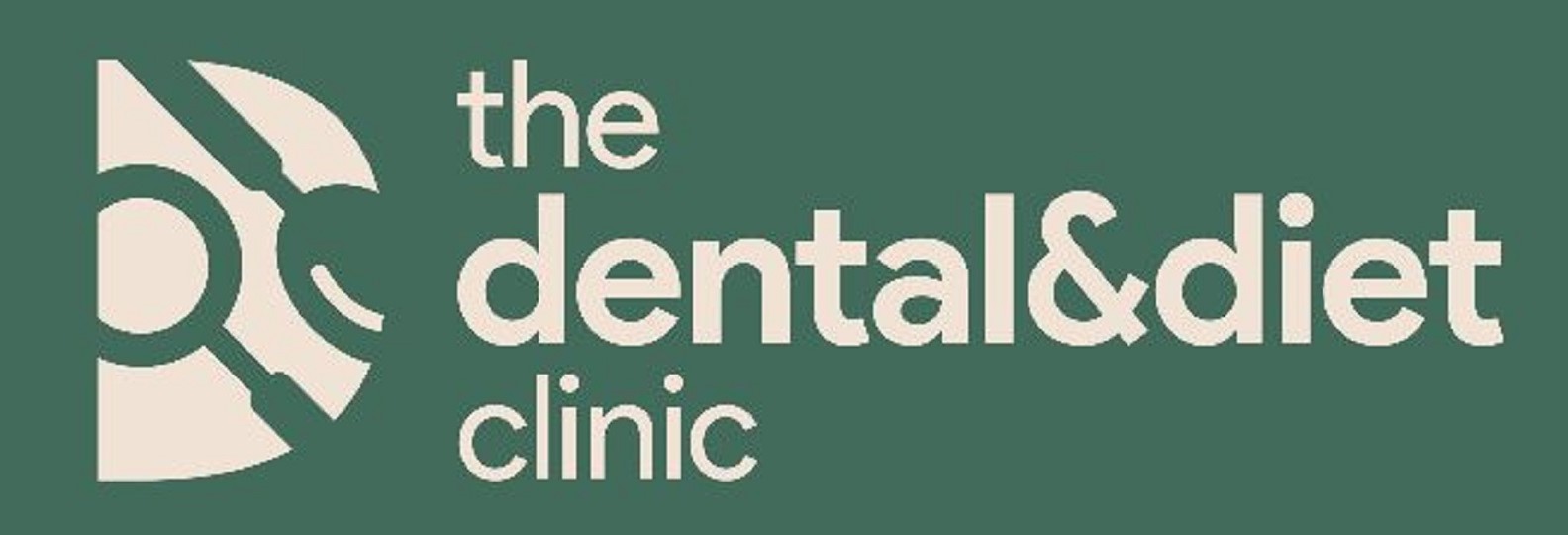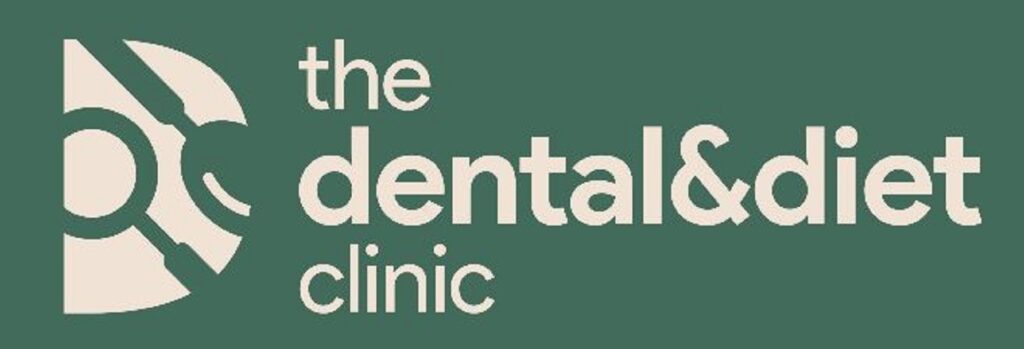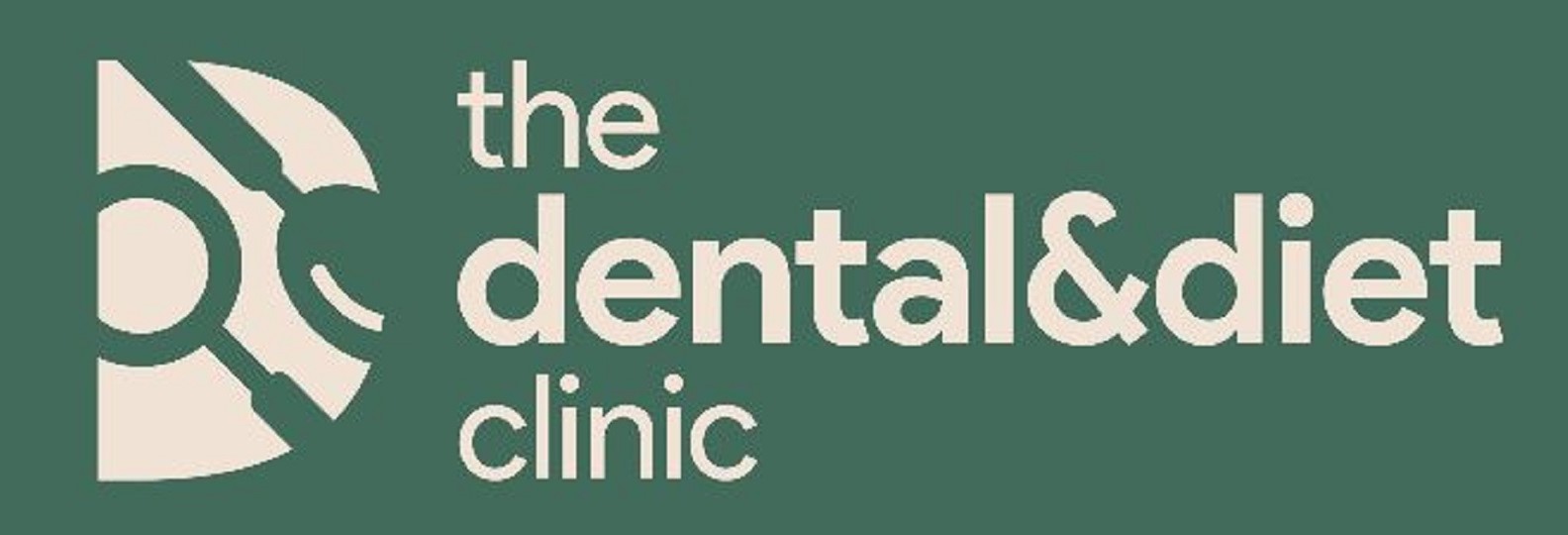Thyroid & PCOD

Thyroid disorders involve dysfunction of the thyroid gland, a small butterfly-shaped gland located at the base of the neck. The thyroid plays a crucial role in regulating metabolism, energy production, and hormone balance. Thyroid disorders are primarily classified into two types: hypothyroidism and hyperthyroidism.
Hypothyroidism: This condition occurs when the thyroid gland is underactive and doesn’t produce enough thyroid hormones. Symptoms include fatigue, weight gain, cold intolerance, dry skin, and depression. Hypothyroidism is often treated with synthetic thyroid hormones to restore normal levels.
Hyperthyroidism: This occurs when the thyroid gland is overactive, producing excessive thyroid hormones. Symptoms include weight loss, rapid heartbeat, anxiety, tremors, and heat intolerance. Treatment options include medications, radioactive iodine therapy, or surgery.
Understanding Polycystic Ovarian Disease (PCOD)
Polycystic Ovarian Disease (PCOD), also known as Polycystic Ovary Syndrome (PCOS), is a common hormonal disorder affecting women of reproductive age. It is characterized by the presence of multiple cysts on the ovaries, irregular menstrual cycles, and elevated levels of male hormones (androgens).
Symptoms and Complications of PCOD
Common symptoms of PCOD include irregular periods, acne, excessive hair growth (hirsutism), weight gain, and difficulty conceiving. PCOD is also associated with insulin resistance, increasing the risk of developing Type 2 diabetes and cardiovascular diseases.
Managing Thyroid Disorders and PCOD
Management of thyroid disorders involves restoring hormone balance through medication, lifestyle changes, and regular monitoring of thyroid levels. For PCOD, treatment focuses on managing symptoms and reducing the risk of long-term complications. This may include lifestyle modifications such as weight management, a balanced diet, and regular exercise. Medications like oral contraceptives, anti-androgens, and insulin-sensitizing drugs are often prescribed to regulate menstrual cycles and manage symptoms.
The Importance of Holistic Care
A holistic approach is crucial for managing both thyroid disorders and PCOD. Regular check-ups with healthcare providers, personalized treatment plans, and support from specialists such as endocrinologists, gynecologists, and dietitians can help individuals manage these conditions effectively, improving overall health and quality of life.



